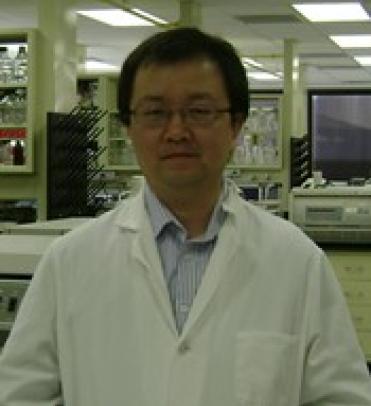Lupus: Open Access
Open Access
ISSN: 2684-1630
ISSN: 2684-1630

Hong Zan
Associate Professor, Department of Microbiology, Immunology and Molecular Genetics, Graduate School Biomedical Sciences, UT Health San Antonio
USA
Dr. Hong Zan received his Ph.D. from Shanghai Institute of Biochemistry and Cell Biology (SIBCB), Chinese Academy of Sciences. He completed his Postdoc from Weill Medical College of Cornell University in 1999 and continued work in Weill Cornell Medical College until 2003. He moved to University of California, Irvine as a research scientist in the summer of 2003. In the end of 2013, Dr. Zan joined the faculty of the Department of Microbiology and Immunology in the School of Medicine at University of Texas Health Science Center, San Antonio, as an Associate Professor. Dr. Zan has extensive experience on immunology, Molecular Biology and autoimmunity. He has made significant contributions to the understanding of immunoglobulin class switch recombination and somatic hypermutation in antibody and autoantibody responses. He has published more than fifty papers, most of them are in high-profile journals, including Nature Immunology, Immunity, Cell Reports, Nature Struct. Mol. Biol., Nature Commun., Nature Rev. Immunol., EMBO J., J. Exp. Med., Trends Immunol. Dr. Zan serves as an Associate Editor of Autoimmunity since 2003. He is also editorial board member of eight other peer-reviewed scientific journals.
Dr. Zan has been working on B cell differentiation with emphasis on the molecular mechanisms of immunoglobulin gene expression, somatic hypermutation (SHM), class switch DNA recombination (CSR), memory B cell generation and maintenance, plasma cell differentiation, as well as antibody engineering, for over many years. He is also interested in the mechanism of antibody response to pathogenic antigens and autoantibody response in autoimmune diseases. He currently works on epigenetic regulation in antibody and autoantibody responses, and epigenetic modulators as therapeutics for autoimmune diseases, such as systemic lupus, and allergic diseases. Dr. Zan also interested in the tumoral genesis that related to dysregulation of SHM and CSR machinery.